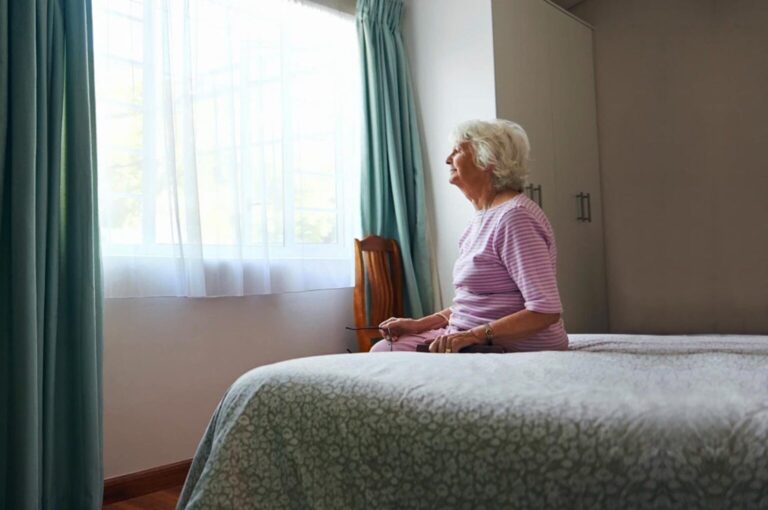Virtual programs help elderly combat pandemic-fueled loneliness

Elise Langan was starting to feel lonely during lockdown, so she started taking virtual line-dancing classes.
“It makes me feel like I’m able to do something that I did in my everyday life,” says Langan, a 65-year-old CUNY professor who lives on her own. She used to enjoy going to the gym, playing tennis and going to the theater before the coronavirus hit. The line-dancing class, as well as the yoga and gardening classes she takes, all via Grouper, help break up the monotony of the stay-at-home cycle.
“It’s a normalizing factor,” she says, “and it’s also healthy.”
Even before COVID-19, seniors faced mental and even physical health risks from isolation. Whether it’s from losing a spouse, having grown children leave the house or retiring from work, a solo lifestyle puts them at a higher risk for, among other conditions, heart disease and depression, according to a February study from the National Academies of Sciences, Engineering and Medicine. But now, as local seniors remain stuck in quarantine due to their high risk of complications from the coronavirus, support initiatives have stepped up virtual offerings to alleviate their loneliness.
“It’s more about the social side — getting people involved in an activity where [others] have a shared passion,” says Grouper chairman and CEO David Norris, whose company rushed to launch new virtual social activities during the pandemic, such as clubs for cooking, knitting and discussing genealogy.
“They begin to get a sense of purpose,” says Norris, adding that classmates often form new friendships and forge other social connections. “That’s what many of these people are missing.”
Other senior-focused groups have taken similar steps. The Friendly Visiting Program — helmed jointly by the city’s Department for the Aging and its Thrive mental-health initiative, which coordinates weekly in-person visits from volunteers — has transitioned to weekly video chats and phone calls. And through the department’s partner Older Adult Technology Services, seniors can take chair yoga or technology workshops online from Senior Planet.
Meanwhile, the nonprofit Search and Care launched offerings six days a week to help area seniors connect over the phone. Activities include eating together on “lunch bunch” Tuesdays, discussing current events on “newsroom” Thursdays and, every other Monday, a singalong with a staffer playing the keyboard.
“They feel like they’re having an exclusive performance just for them,” says Brian Kravitz, Search and Care’s executive director.
